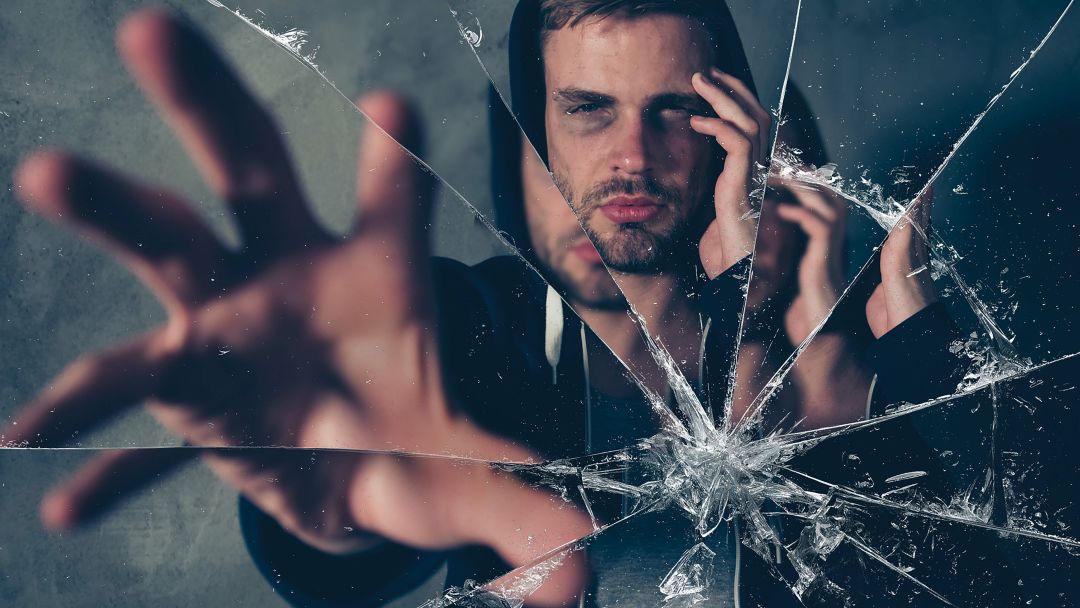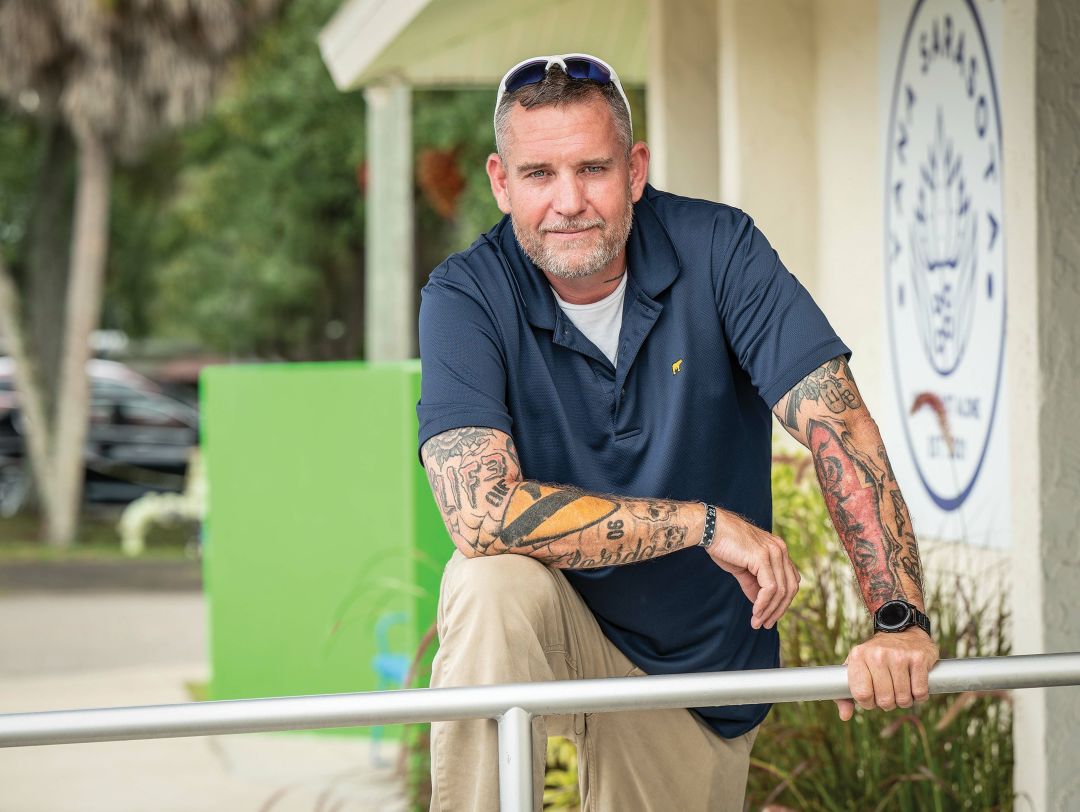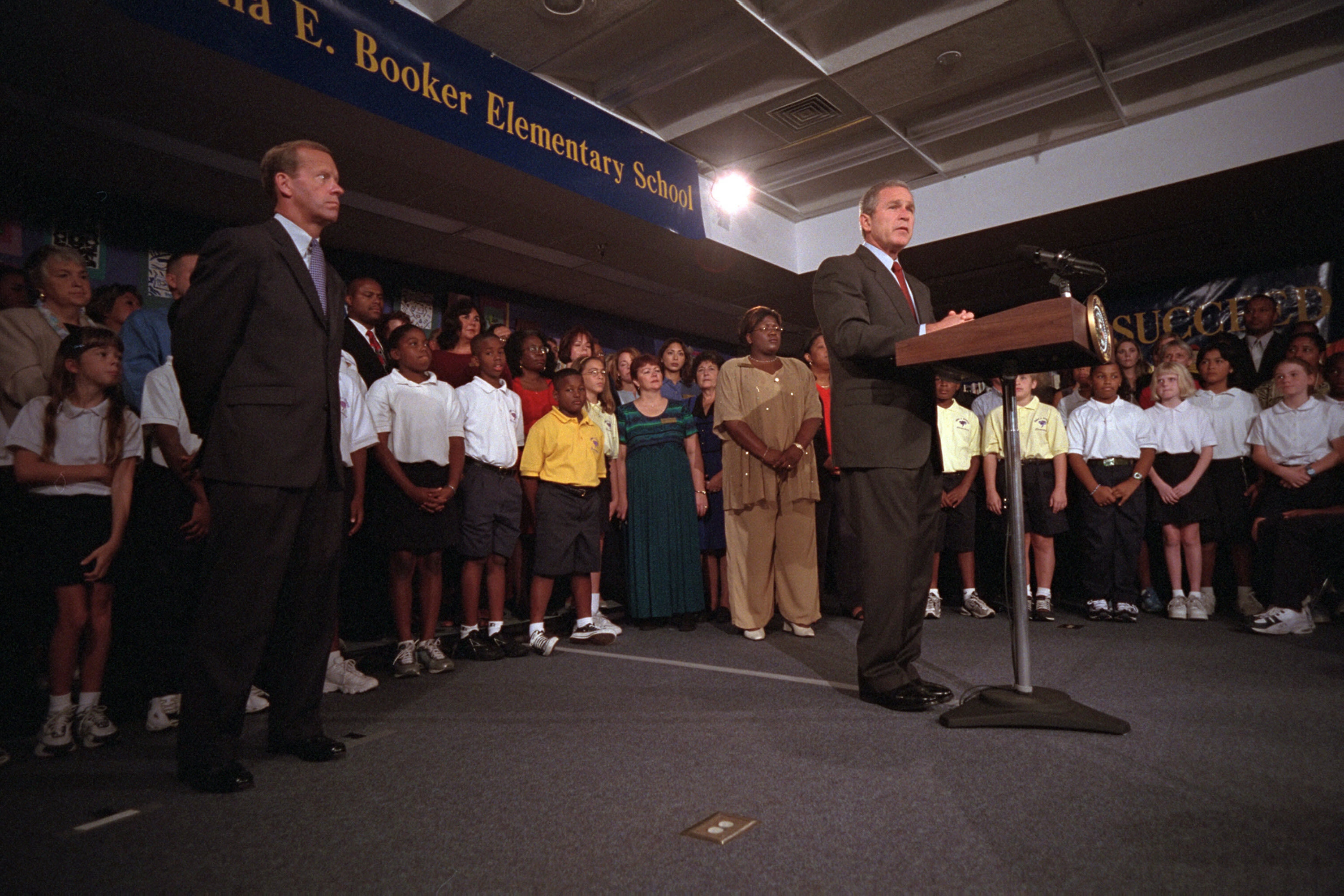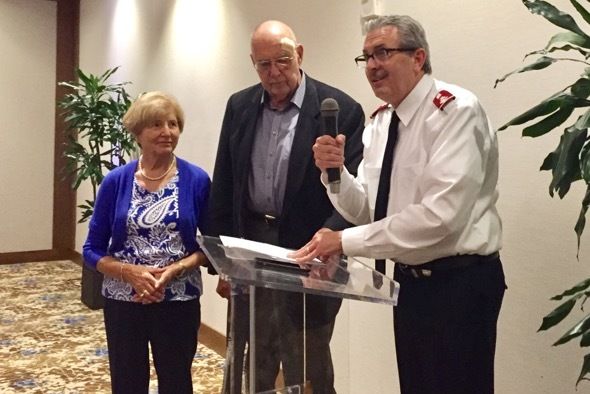Drug Overdoses Are Rising Again. Why?

The trauma endured during the Covid-19 pandemic has caused a national drug crisis like we’ve never seen before. People of all ages are turning to prescription and illicit drugs to cope with job losses, financial instability, the death of loved ones and the constant state of uncertainty in our world.
Nationally, more than 107,000 overdoses occurred between December 2020 and the end of 2021. Most occurred from the illicit drug fentanyl (a narcotic 100 times stronger than morphine) and cocaine. Besides the loss of life, overdose deaths cost the U.S. approximately $1 trillion each year, according to a recent congressional report.
Faced with these alarming numbers, the Biden administration has rolled out plans to increase access to harm reduction programs like clean needle exchanges, fentanyl test strips and the distribution of naloxone—a drug that can rapidly reverse an opioid overdose.
In Sarasota and Manatee counties, the need for intervention is evident. The Sarasota County Sheriff’s Office recorded more than 500 non-fatal and more than 100 fatal overdoses from 2020 to 2021. And in Manatee County, 1,635 drug overdoses were recorded from 2020 to 2021. There have been 134 overdoses in Sarasota and 309 in Manatee since just this May, and the numbers keep growing.
We’ve witnessed crises like this before. An increase in opioid prescriptions in the 1990s and early 2000s caused a first wave of overdoses, and then, in 2010, heroin caused a second surge. By 2013, the synthetic drug fentanyl overtook the street drug scene, leading to a third increase. Fentanyl is often laced into other drugs, causing accidental overdoses and killing users in a matter of minutes.
Historically, drug use has also correlated with national tragedies like 9/11 and the Great Recession. The Covid-19 pandemic is no different.
“Stay-at-home orders and isolation became an excuse for those already struggling with drug addiction to keep using substances and hide it from the outside world,” says Sarasota addiction specialist Cole Young. “Lots of treatment centers also closed their doors, AA meetings were held virtually, and quality of care suffered as a result.”
Young, who works for Sarasota Addiction Specialists, saw an influx of patients in January 2022, after the holidays and once Covid-19 cases began to slow. People from as young as teenagers to adults in their 60s and 70s were struggling with prescription and illicit drug addictions. Drugs like Xanax (a benzodiazepine used to treat anxiety), opiates and narcotics were the common drugs of choice.
Sarasota Addiction Specialists’ clientele sits in contrast to most of those suffering with untreated addictions in Sarasota: the homeless, the unemployed and the mentally ill. Often, these individuals are forced to detox in jail and, lacking proper care, return to the streets and relapse.
Young says that this is often how accidental overdoses occur. “The body cannot tolerate the number of drugs it once could,” he says.
Sarasota Addiction Specialists kept its doors open throughout the pandemic. The center was considered an essential service, like many medical practices. “Addiction can be just as deadly,” says Young. “Without this care, addicts in early stages of recovery can lose the drive to stay well.”
The justice system also slowed during the pandemic, leaving those arrested for drug possession stuck in jail while courts were shut down. Sarasota life coach and addiction specialist Kathryn Greenberg has worked with women in jail and in treatment centers like First Step, the Salvation Army and Selah Freedom for years, but 2020 was the hardest she’s had to fight.
“Shutdowns made it harder to fight for justice for these women who needed to be in rehab, not jail,” says Greenberg. “It was also hard to get them into the jail’s addiction recovery pods.” Since 2009, Sarasota County has offered recovery pods for addicted inmates. In 2020, plans to build a new annex for the program were slowed due to court shutdowns and an increase in felonies. This created a long waitlist for the 48 male and 12 female beds in the program.
Greenberg has been working with the sheriff’s office to train police officers in handling addiction, and to change policies that send addicts to jail instead of rehab. She is part of Sarasota County’s Behavioral Health Resource Team initiative, which sends mental health professionals along with law enforcement during wellness checks. That way, instead of handcuffing, Baker Acting and further traumatizing addicts, law enforcement officers show empathy and support.
“What we are really dealing with is a trauma epidemic more than anything,” says Greenberg. “Under every addiction is an unresolved emotion. As a society, we are only treating the behavior and not getting to the root cause of our issue. Instead of looking at someone in jail as a failure, we need to ask them about their story, their pain and the trauma they are dealing with.”

Tim Long
Image: Barbara Banks
Former Nokomis firefighter Tim Long, 41, is no stranger to trauma. He joined the U.S. Army in the wake of 9/11 and survived a roadside bomb attack in Iraq that left him with a severe back injury, brain damage, hearing loss and a prescription drug addiction.
Long was forced to return to civilian life with little support. He recalls shaking in front of the doctor, asking for higher doses of Xanax, OxyContin and morphine to deal with what he thought were just anxiety attacks. He was really experiencing withdrawal.
“My body needed the medication, even though I felt I could stop any time I wanted to,” says Long. He turned to harder drugs like heroin and began injecting himself several times a day to avoid pain. In 2016, he was charged with a DUI after a car crash that left the passengers in the other vehicle severely injured. He was incarcerated for nine months, during which time he was forced to detox.
Many addicts who end up in this situation are stereotyped as junkies, but because Long was a veteran, law enforcement took a different view of him.
“The cops didn’t see me as a junkie or crackhead, just a veteran that bad things happened to,” says Long. “Yet my case is absolutely no different than any other human who got addicted to drugs. The difference is the stigma. I was simply lucky enough to be a white male with a military history who wasn’t treated as badly as other populations.”
Once Long left jail, he relapsed and was hospitalized after a suicide attempt. In 2018, he entered rehab at a Veterans Affairs facility in Michigan and has been clean since. He moved to Sarasota in 2020 with a degree in psychology and substance abuse counseling and serves as a peer support manager for the Sarasota and Manatee Counties chapter of the National Alliance on Mental Illness (commonly referred to as NAMI). He also volunteers at the nonprofit support group Vet to Vet and has spoken to Sarasota Police Department officers during crisis intervention trainings to share his firsthand experience.
“As a firefighter in town, I remember going on drug overdose calls all the time,” says Long. “I came back because I know the pandemic put a strain on our town, and I wanted to help.”
Long says that for him and for other people in advanced stages of recovery, the pandemic wasn’t as risky a time as it was for people who became sober more recently. Long used his newfound time away from work and life responsibilities to attend two to three virtual support groups each day. Doctors’ appointments moved to telehealth platforms, and since Long’s driver’s license was suspended after his DUI, he no longer had to worry about transportation. Once a month, he receives an injection of Vivitrol—a medication that blocks the effects of opioids.
Increased access to harm reduction therapies has helped save lives over the past two years. Naloxone has been administered by the sheriff’s office more than 200 times, saving the lives of many who were in the middle of an overdose.
Programs like the Suncoast Harm Reduction Project, meanwhile, distribute free overdose treatment drugs. But Long says more policies need to be put in place so citizens can receive permission to carry and use them. Only eight states allow the administration of such drugs without a prescription. Florida currently allows prescribers to issue naloxone prescriptions to family members of addicts, as well as police officers and mental health professionals.
And while there are no existing sterile needle and syringe exchange stations in our area, some may open soon throughout Florida thanks to the Infectious Disease Elimination Act signed in 2021.
Greenberg says trauma-informed care is vital to preventing overdoses. That includes educating youth about drug addiction, counseling families rather than just the addict and making the workplace a safe space where human resources departments are educated about using proper language and offer leave for those in need of therapy or rehab. Young says that job application processes in which one does not have to disclose a criminal background right away also act as a positive reinforcement for those trying to turn their lives around.
For many, recovery programs, whether virtual or in-person, remain the cornerstone of sobriety.
“These groups, even sharing my own story, are helping newly recovered people realize it’s OK to be vulnerable, have a shady past and come back from that to be respected community members that others are proud of again,” says Long.
“We need a shift away from the shame," he continues. "When someone quits smoking or stops drinking, they are congratulated, but when someone admits they are getting clean from hard drugs, they are scrutinized or seen as a danger to society. We need to be equally congratulating and encouraging those making the choice to get clean.”
What to Do if You or Someone You know Might Be Struggling With Addiction
Call the Substance Abuse and Mental Health Services Administration helpline at (800) 622-4357.
Reach out to organizations like the Suncoast Harm Reduction Project or Drug Free Manatee for opioid overdose prevention kits, free medication drop-offs and other free supplies and mental health resources: floridashrp.wordpress.com and drugfreemanatee.org.
Contact nonprofit transitional living homes and other local recovery assistance programs like Sarasota Addiction Recovery Assistance: sarasotaaddictionrecoveryassistance.com.
In case of a medical emergency, dial 911 or visit the nearest emergency room.



